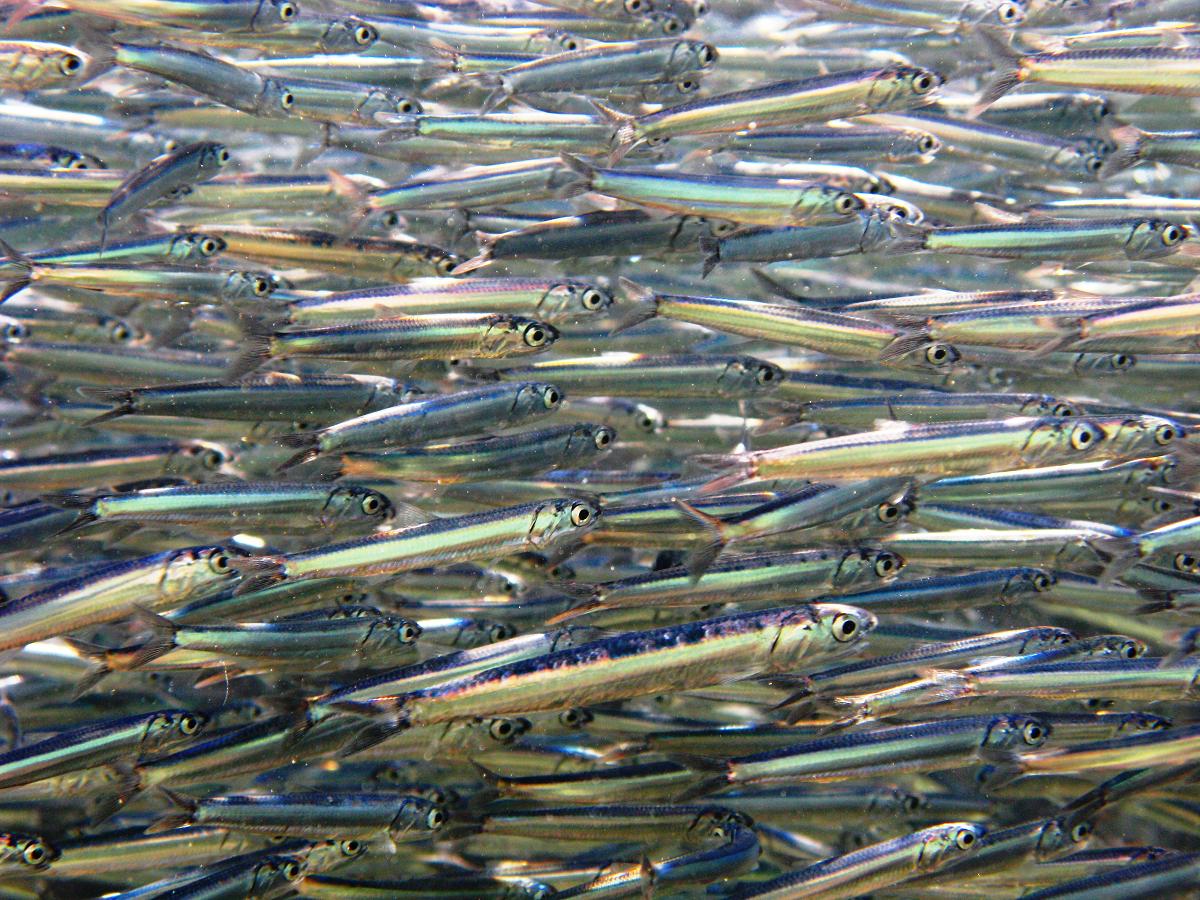1 novembre 2024

The Mediterranean Sea is already home to one of the more well-known harvest strategies – adopted for Mediterranean bluefin tuna in 2022. Fishing for that species has been at high levels for thousands of years, and the harvest strategy implemented by the International Commission for the Conservation of Atlantic Tunas should allow for long-term sustainability of today’s fisheries. Now, another regional fisheries management organization with jurisdiction over most of the fisheries in the Mediterranean has an opportunity to adopt its first two harvest strategies.
The General Fisheries Commission for the Mediterranean (GFCM) has its annual Commission meeting next week, from the 4th to the 8th of November in Rome, Italy. Among other items, the group has an opportunity to adopt harvest control rules (HCRs) for sardines and anchovies in the Adriatic. If members – led by the European Union, Albania, and Montenegro – can agree to adoption this year, it will represent a big step forward for GFCM and for fisheries in the region.
Currently, more than half of the stocks in the Mediterranean are subject to overfishing, but the Commission is making strides to reverse some of those downward trends, and fishing has been reduced to sustainable levels for one of its iconic stocks, the European hake in the Strait of Sicily. Now, the opportunity to adopt HCRs for fisheries targeting the commercially- and ecologically important sardine and anchovy populations in the Adriatic can further demonstrate positive action at the GFCM. These small pelagic species not only support processing industries throughout the area, but they provide important forage for other wildlife. A precautionary HCR should preserve their role in the ecosystem.
While the HCRs under consideration by the Commission have been tested through management strategy evaluation and generally follow Commissioners’ guidance, it would be good to include the other components of a full management procedure (MP) when considering adoption. Recording the fisheries indicators and assessment methods that are needed to implement the HCR is best practice. If these items are not adopted this year, that should be a priority for GFCM during the early implementation phase.
In addition to these proposed HCRs, GFCM should continue its commitment to developing and adopting harvest strategies by following the advice of its scientists and advancing work on the blackspot seabream in the western Mediterranean, the European hake and benthic shrimp fisheries in the Strait of Sicily, and the dolphinfish (or mahimahi) across the whole region. These actions will require support and leadership from the European Union, Morocco, and Tunisia, among others.
GFCM has already demonstrated a commitment to adopting harvest strategies for its priority stocks, a big step in the right direction for fisheries management in the Mediterranean. If they are successful in adopting or advancing all these efforts, next week’s meeting will be one to remember.